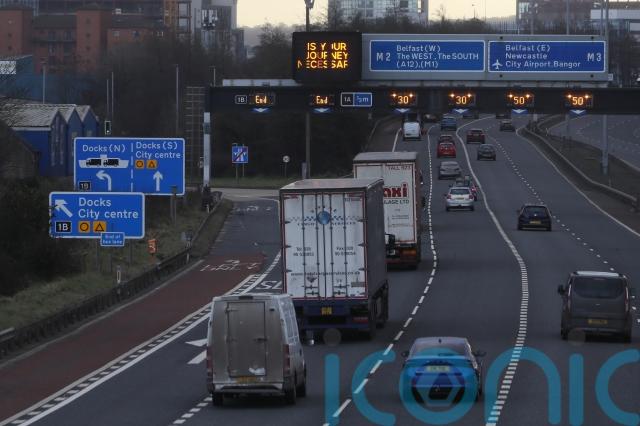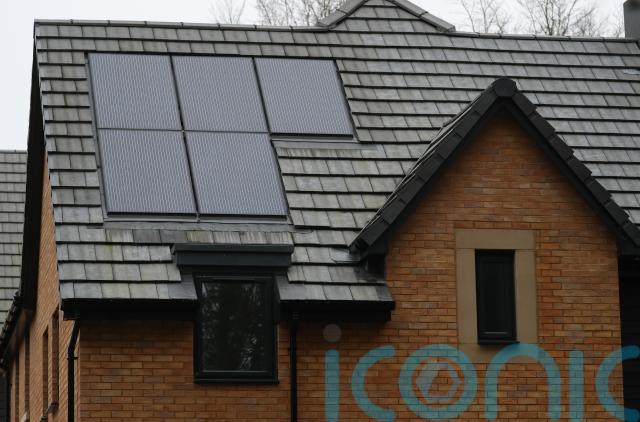
The number of people in Northern Ireland reporting bad health has grown to almost 150,000, census figures show.
The Census 2021 figures, published on Thursday, also show that for the first time there are more than one million vehicles on the roads and more than 500,000 households own their own home.
The latest information, released by Nisra (Northern Ireland Statistics and Research Agency), concentrates on the health of the population, housing and car ownership.
More #NICensus2021 results online now
Visit https://t.co/zyeVG2BM7z or explore online at https://t.co/KSkiKSYg7H pic.twitter.com/ku3fLnO0ys
— NISRA (@NISRA) December 15, 2022
The census revealed that 1.497 million people, 78.7% of the population, indicated they had “good or very good” general health.
However, nearly 150,000 people indicated they had “bad or very bad” general health, with the remaining 260,000 people indicating they had “fair” general health.
It said the number of people with bad health had risen from 5.6% of the population in 2011, a change driven by the increasing age of the population.
Belfast and Derry City and Strabane council areas had the highest percentage of their population with “bad or very bad” general health (at 10.0% and 9.5% respectively).

For the first time in a Northern Ireland census, more than one million cars or vans (1.067 million) were recorded as owned or available for use.
In the last 50 years, there has been a four-fold increase in the numbers of cars or vans available for use. Up from 271,500 cars or vans in the 1971 census.
In 2021, one in five households (19.5%) did not have access to a car or van.
The proportion of households without access to a car or van has fallen at every census. In 1971 nearly half of households (46.4%) did not have a car or van.
The census showed that urban areas Belfast (33.9%) and Derry and Strabane (24.6%) had the highest percentage of households without a car or van available.
Census 2021 recorded that for the first time half a million households (501,500) owned their home – either outright or with a mortgage.
In total, 65.2% of households owned their home and 34.8% of households rented their home.
The private rented group is the fastest growing sector in Northern Ireland.
Census 2021 showed that over the last 40 years, the percentage of households privately renting has nearly doubled (from 9.1% of households in 1981 to 17.2% in 2021).
In 2021, 307,000 people lived in 132,000 privately rented households.

For the first time a question on renewable energy systems was asked in the census. In total, more than 5% of households had one or more renewable energy system installed.
Around 47,800 renewable energy systems are installed in 40,400 households across Northern Ireland.
The most common systems are solar panels for electricity (24,200 households) and solar panels for heating water (18,600 households).
Census 2021 was carried out in March last year.
Subscribe or register today to discover more from DonegalLive.ie
Buy the e-paper of the Donegal Democrat, Donegal People's Press, Donegal Post and Inish Times here for instant access to Donegal's premier news titles.
Keep up with the latest news from Donegal with our daily newsletter featuring the most important stories of the day delivered to your inbox every evening at 5pm.